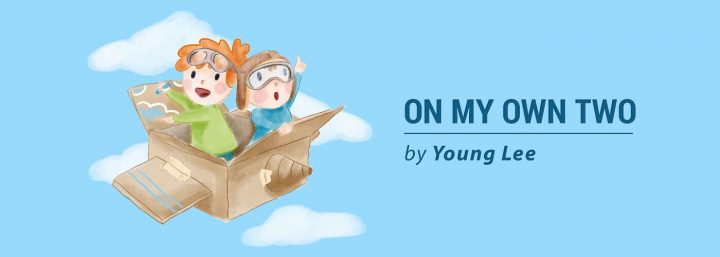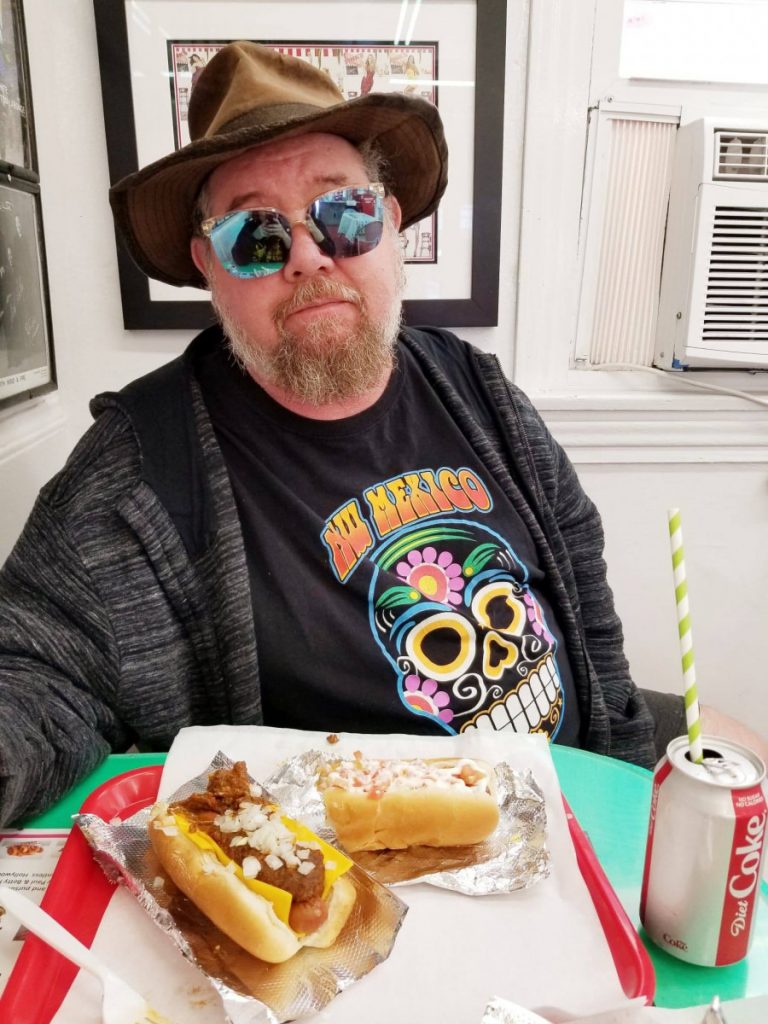Gaming Shouldn’t Only Benefit the Able-bodied
Written by |

Column by Young Lee
During this time of self-isolation due to COVID-19, I’ve often thought to myself, “At least I can still play video games and watch esports.” And I know for many others, gaming has been a nice outlet and a source of comfort and community.
Yet I recognize I’m privileged, because although I’m affected by Charcot-Marie-Tooth disease, I’ve never had a problem with pursuing my interest in video games. Thus far, I’ve never struggled with a controller or keyboard, or felt that the gaming industry didn’t have a consumer like me in mind. Not everyone in the disabled community can say these things.
This thought inspired me to reach out to other disabled gamers to hear their stories and gain insight, because there are many disabled gamers who’ve thought much more deeply about this subject than me.
One such gamer is Langhorne Tweed, a fellow CMTer and the man behind the YouTube channel “FumblesOfDisgamer,” a channel dedicated to the fun and the struggles of gaming while disabled.
Indeed, not only has Tweed been active in the CMT community for longer than I have, but he’s also a more experienced gamer.
When Tweed tells the story of how his interest in gaming started, he begins with his childhood experiences during the 1970s and ’80s, a time when kids were catching “Pac-Man Fever.” As a child, he’d go with a single quarter to the local Safeway about a block and a half from his home and spend more than an hour playing Pac-Man or Galaga.
As years passed, Tweed moved from arcade machines at Safeway to gaming platforms at home. But things drastically changed when in 2008, a case of meningitis hospitalized him for about a month. The trauma wracked his body, and Tweed lost 25 pounds in the process. It also was when CMT began “introducing” itself to his life in a major way.
Tweed knew he was a CMTer earlier, when his sister was diagnosed, but years of being physically active through his work in carpentry and welding seemed to stave off many symptoms. However, after his hospitalization, he began noticing numbness in his hands and legs. And within two years, he found his gaming ability significantly weakened, and console gaming without workarounds became impossible.
Still, according to Tweed, this hasn’t stopped him from trying — hence part of the reason why he started “FumblesOfDisgamer.” His channel has become a small hub for other disabled gamers including me — and hopefully, other gamers and members within the gaming industry may take notice.
After all, if we disabled folks are about 26% of the U.S. adult population, you would think the gaming industry would want to cater to us as well. You’d think it’d be a no-brainer.
Gaming, in my opinion, has become a part of the zeitgeist of today. And if many of us who are disabled can’t participate, I think it implies something awful about how our society values us.
Many of us in the disabled community are hungry for competition and ways to express ourselves. Video games can offer these benefits.
“If you’re trapped in a body that’s not willing but you have a mind that’s able, accessible (video games) can be a window into an otherwise inaccessible world,” said Steven Spohn, chief operating officer of The AbleGamers Charity. “These virtual worlds are all about having the ability to connect with one another.”
To advocate for change, organizations such as The AbleGamers Charity are raising awareness, developing adaptive technology, and working with game developers.
It’s the work of community leaders such as Tweed and organizations such as The AbleGamers Charity that gives me hope that the needle of progress is moving.
Spohn told me that when The AbleGamers Charity was relatively new, the organization sent representatives to a gaming convention to ask attendees, “Have you ever thought about gamers with disabilities?”
“We got a smattering of ‘yeses’ and one (expletive) who laughed at us and walked away,” Spohn said.
But Spohn told me he’s noticed a change — his inbox is full, and his schedule is packed with industry leaders reaching out to him with questions.
“That kind of validation only comes when there is a big change,” Spohn said. “So it’s no longer a fight to say that video games are for everybody. Now it’s a matter of saying, ‘This is how you make them viable for everyone.’ That is a huge change.”
***
Note: Charcot-Marie-Tooth News is strictly a news and information website about the disease. It does not provide medical advice, diagnosis, or treatment. This content is not intended to be a substitute for professional medical advice, diagnosis, or treatment. Always seek the advice of your physician or other qualified health provider with any questions you may have regarding a medical condition. Never disregard professional medical advice or delay in seeking it because of something you have read on this website. The opinions expressed in this column are not those of Charcot-Marie-Tooth News or its parent company, Bionews Services, and are intended to spark discussion about issues pertaining to Charcot-Marie-Tooth.








Eric Delisa
Throughout this time of self-isolation because of COVID-19, I have frequently believed to myself, "At the very least, I can still play a computer game and watch esports." And also, I understand for numerous others, pc gaming has been a wonderful electrical outlet and a source of comfort as well as the community. One such player is Langhorne Tweed, a fellow center and also the man behind the YouTube network "FumblesOfDisgamer," a network dedicated to the enjoyable as well as the struggles of pc gaming while disabled. As years passed, Tweed relocated from gallery machines at Safeway to pc gaming systems at home. And within two years, he found his pc gaming capacity significantly compromised, and console pc gaming without workarounds came to be impossible.